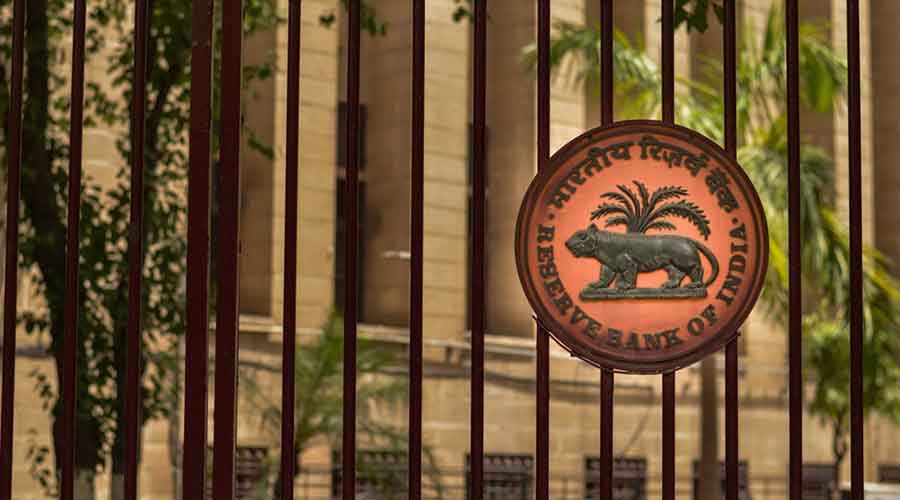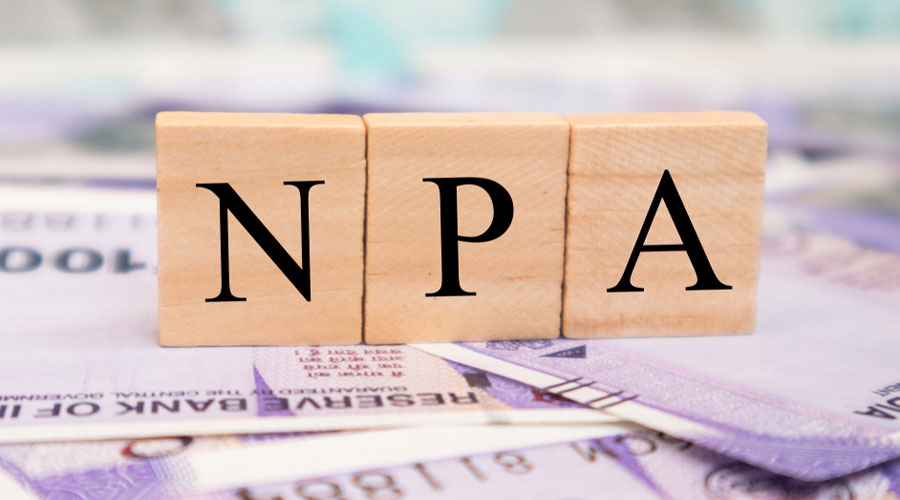In its recently released Financial Stability Report, the Reserve Bank of India has analysed the possible impact of Covid-19 on the financial health of commercial banks in the near future. The RBI expects gross non-performing assets of banks to go up significantly by March 2021. Financial institutions, including the RBI, often conduct stress tests that try to estimate the effect of macroeconomic changes on loan repayment patterns. After conducting stress tests for scheduled commercial banks, the RBI has found that if the status quo were to persist — this is called the baseline scenario — the gross NPA ratio may go up from 8.5 per cent in March 2020 to 12.5 per cent in March 2021. Hence, in the least risky scenario, the rise could still be to the tune of 4 per cent. If the macroeconomic situation worsens, under what is called a severe stress scenario, the NPA ratio may climb to 14.7 per cent in March 2021. As expected, the condition of public sector banks will be worse than the national average for all commercial banks, climbing from 11.3 per cent in March 2020 to 15.2 per cent in March 2021. The corresponding figures for private sector banks and foreign banks operating in India are 4.2 per cent to 7.3 per cent and 2.3 per cent to 3.9 per cent, respectively.
The RBI expects additional NPA to the tune of 4 to 6.2 lakh crore due to Covid-19. There will be a marked capital erosion of banks. As per the RBI’s regulations, commercial banks are obliged to keep a minimum of 9 per cent of their capital as a safety buffer. This number was 14.6 per cent in March 2020, and is expected to drop to 11.8 per cent by March 2021. In the severe stress scenario, according to the RBI, five banks will not be able to meet the minimum capital requirement. These are actually the average impact of risks. There are other types of risk as well. For instance, if a borrower-group, comprising similar types of borrowers, fails to repay, the impact of the concentration risk could be very large. Similarly, the longer the moratorium persists the more difficult it will be for banks to recover payments due. The RBI governor has claimed that banks will have to reappraise their business models. However, that can only mean that individual banks would become risk-averse, refusing to lend easily. It could defeat the entire approach of the central bank to ease credit flows into the productive sectors of the economy.



